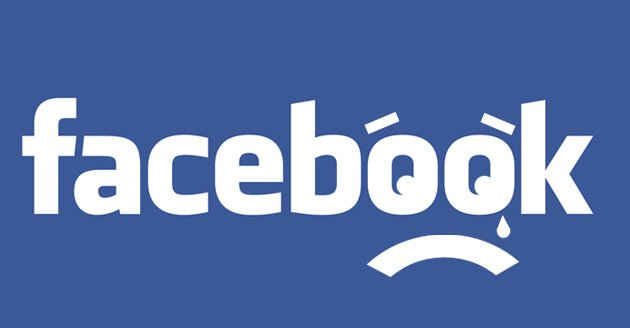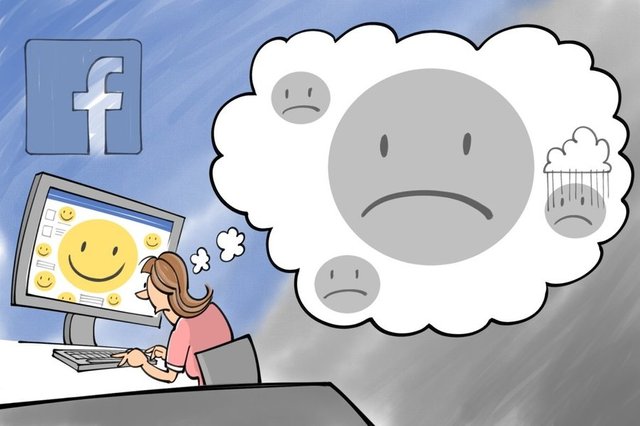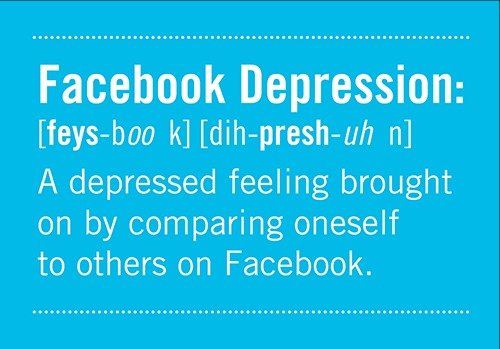Facebook Is 'Ripping Apart' Society, Former Executive Warns

Last month, former Facebook president Sean Parker expressed fears over what the social network is “doing to our children’s brains.” It was developed to be addictive, he said, describing Facebook as a “social-validation feedback loop” that exploited weaknesses in the human psyche.
Now another Facebook alum has come out with deep regret over his involvement in the company’s work. This time it’s venture capitalist Chamath Palihapitiya, Facebook’s former head of user growth, who told the Stanford Graduate School of Business that he feels “tremendous guilt” over Facebook’s divisive role in society, as exploited by Russian agents in last year’s U.S. election.
He added that Facebook encourages “fake, brittle popularity,” leaving users feeling empty and needing another hit, and suggested that this “vicious circle” drives people to keep sharing posts that they think will gain other people’s approval.
Palihapitiya, who is these days the CEO of Social Capital, made the remarks last month, but they were only picked up by the media this week.

“Even though we feigned this whole line of, like, ‘There probably aren’t any really bad unintended consequences,’ I think in the back, deep, deep recesses of our minds, we kind of knew something bad could happen,” he said. “We have created tools that are ripping apart the social fabric of how society works. That is truly where we are.”
Palihapitiya raised the example of how rumors spread via WhatsApp in India led to the lynching of seven people.
“If you feed the beast, that beast will destroy you,” Palihapitiya advised his audience. “If you push back on it, we have a chance to control it and rein it in. It is a point in time where people need a hard break from some of these tools and the things that you rely on. The short-term, dopamine-driven feedback loops that we have created are destroying how society works. No civil discourse, no cooperation, [but] misinformation, mistruth.”
He added that this is a “global problem” and not just about Russian ads.
“My solution is I just don’t use these tools anymore,” Palihapitiya said. “I haven’t for years. It’s created huge tension with my friends…I guess I kind of innately didn’t want to get programmed.” He also doesn’t allow his children to use social networks, he added.

In an unusual riposte, Facebook commented on Palihapitiya’s words by noting that he has not worked there for six years, and “Facebook was a very different company back then.”
“As we have grown, we have realised how our responsibilities have grown too,” it said. “We take our role very seriously and we are working hard to improve…We are also making significant investments more in people technology and processeses, and—as Mark Zuckerberg said on the last earnings call—we are willing to reduce our profitability to make sure the right investments are made.”
Original story source: fortune.com/2017/12/12/chamath-palihapitiya-facebook-society
Image references in order of appearance:
- thecontextofthings.com/wp-content/uploads/2015/04/facebook-depression.jpg
- media.npr.org/assets/img/2016/09/06/facebook_sad-1180x787_slide-507f8fe66dc2accdbd790702c3f2270b29869d18-s900-c85.jpg
- static.wixstatic.com/media/d50e13_4f957f178ba1454e8d026a0375fbbf05~mv2.jpg